Now that you have decided you want to hold a music camp or workshops you must…
CREATE EXCITEMENT!
When I send out my re-registration forms, it includes the summer registration information. In my cover letter for my registrations I tell them how excited I am for the opportunities they have this summer to learn new things.
I give descriptions of the camp or workshops which not only explains what the class is about that they are signing up for but creating excitement. My goal is to make all of them sound so enticing that they want to take more than the minimum required. (If I am doing workshops)
(See Part 2 of 3 for sample schedule to read the descriptions)
Talk it up to students- ask them what class they are thinking about taking.
What Camp Should I Do? Anything and everything is a resource!
The great thing is that anything and everything is a resource. You might be surprised at what you can pull together to create a camp. If you want to just have everything done for you, you may want to check out the summer camps that I have done. Find them here.
Now for lesson planning!
If you purchase a camp, the lesson planning is already done for you, which saves a lot of time. But if you want to create something from scratch lesson planning is very important.
Length- Decide how long you want your camp/workshop to be. Then make sure you have more activities then time for. I always put at the bottom of my lesson plan, “If time…” Sometimes we get to them, sometimes we don’t. I am very grateful for that I have them when I need them.
Goals/Obectives- What do you expect your students to be able to do after the camp is over? How will the students demonstrate they have learned and understood what was taught?
Intro- How will you get the students attention and motivate in order to hold their attention? What will be expected? Will you have some rules and consequences discussed ahead of time?
Main activity- what is the focus of this workshop/camp? What will the activities be? How will the materials be presented, do students need to bring anything or are you providing everything? What activities will you be doing? What will the prep time be for those activities?
Be sure there is a good mix between the lesson itself and activities.
Snacks- are you going to provide a snack or should the students bring a snack?
Follow up/Closure- leave time to clean up if needed before it’s time to officially close before the students are dismissed. How will you close the session? Will you discuss what was learned that day with students? Will you give a quick overview of what they learned? Will you ask for feedback?
I’m worried about my students backsliding over the break after camp is over, what can I do?
The trick is to leave them with a challenge or goal to continue over the summer. The last few years my students are given the challenge to create practice prop projects over the summer and present those projects when they return in the fall. Because they come back to present these projects in the fall, there is accountability. If they return with nothing, it’s actually a little embarrassing… 95% of my students return with their practice prop projects.
The projects are something they create/make that represents their practicing over the summer. They need to present their project at our Fall kickoff (first group lessons of the year) and how it represented their practicing. (i.e.: for every minute they practiced they put that amount of time in their project or every time they completed a section successfully they added something to their project, etc…) The goal is to finish the project (or even do more then one) before they return. This has been successful in my studio. You can see our 2012 Fallkick off here. I encourage LOTS and LOTS of sight-reading, even going ahead in their books. I actually don’t mind when they go ahead. Worst case scenerio- some pieces aren’t right. Well, what do we do about it? We learn it the right way when they come back. They learn from their mistakes, what they did wrong on their own and what they need to look for now and in the future. I’ve had students over the break that have finished a book, sometimes a complete level successfully.
The other tip is follow up with parents. I like to send just quick little email reminders about the practice prop projects. Encouraging lots of sight-reading, playing practice games etc… Last year I gave all my students a copy of Shhhh Your Piano Teacher Thinks This Is Practice. It only takes me a minute or two to send a mass email off to everyone and I know the follow up is appreciated.
If you ever read the book, ‘The 7 Habits of Highly Effective People’ by Stephen R. Covey (affiliate) you might remember the Think Win-Win Chapter…
“First, see the problem from the other point of view. Really seek to understand and to give expression to the needs and concerns of the other party as well as or better than they can themselves. Second, identify the key issues and concerns involved. Third, determine what results would constitute a fully acceptable solution. And fourth, identify possible new options to achieve those results.” (excerpt from The 7 Habits of Highly Effective People)
Music camps and workshops have been my win-win solution in my studio when it comes to both summer and Christmas time. I hope it can be your win-win solution too!
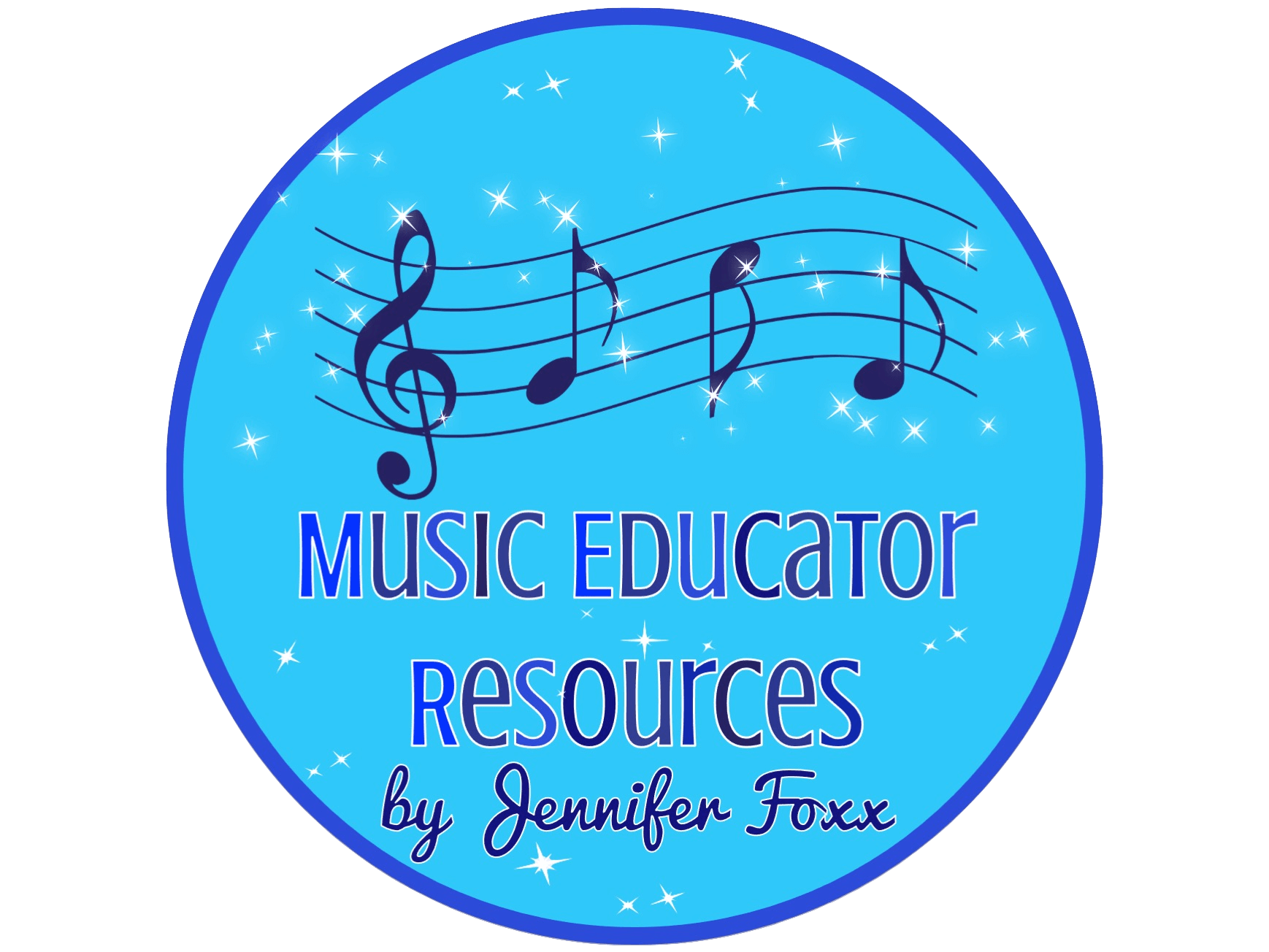
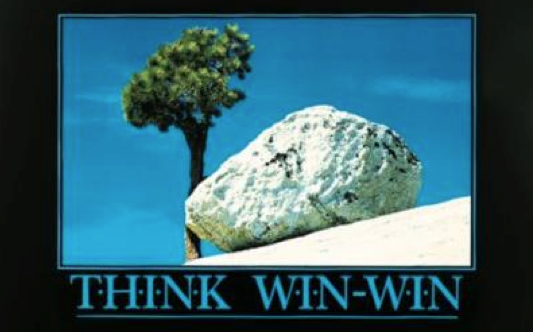
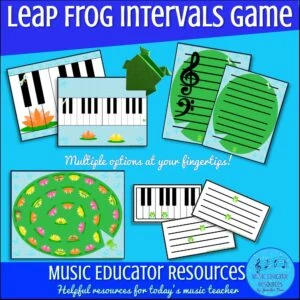
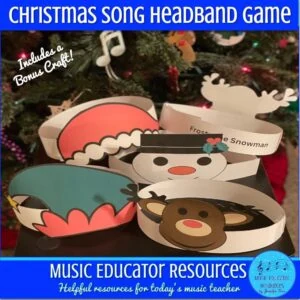
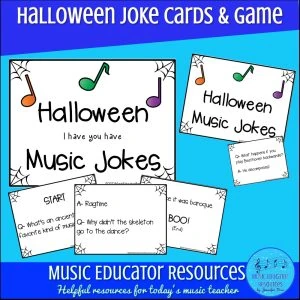
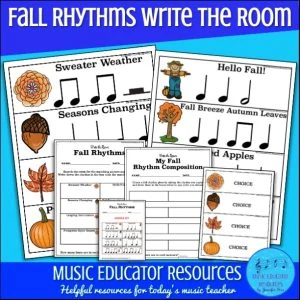
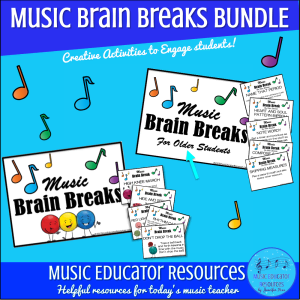
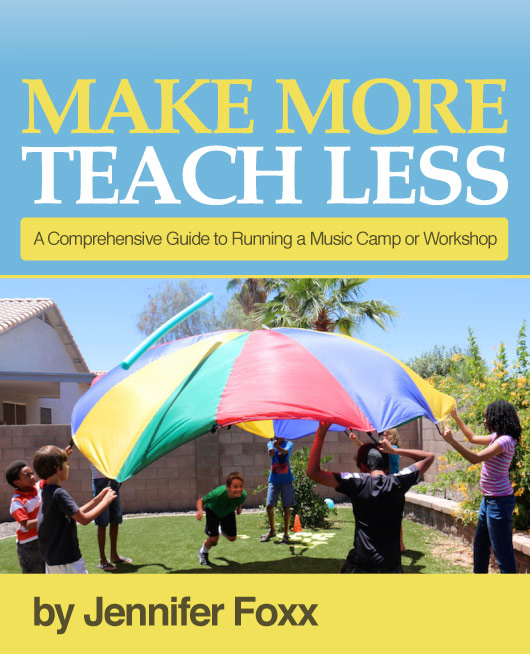
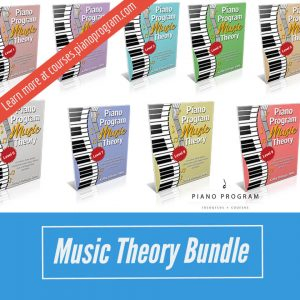
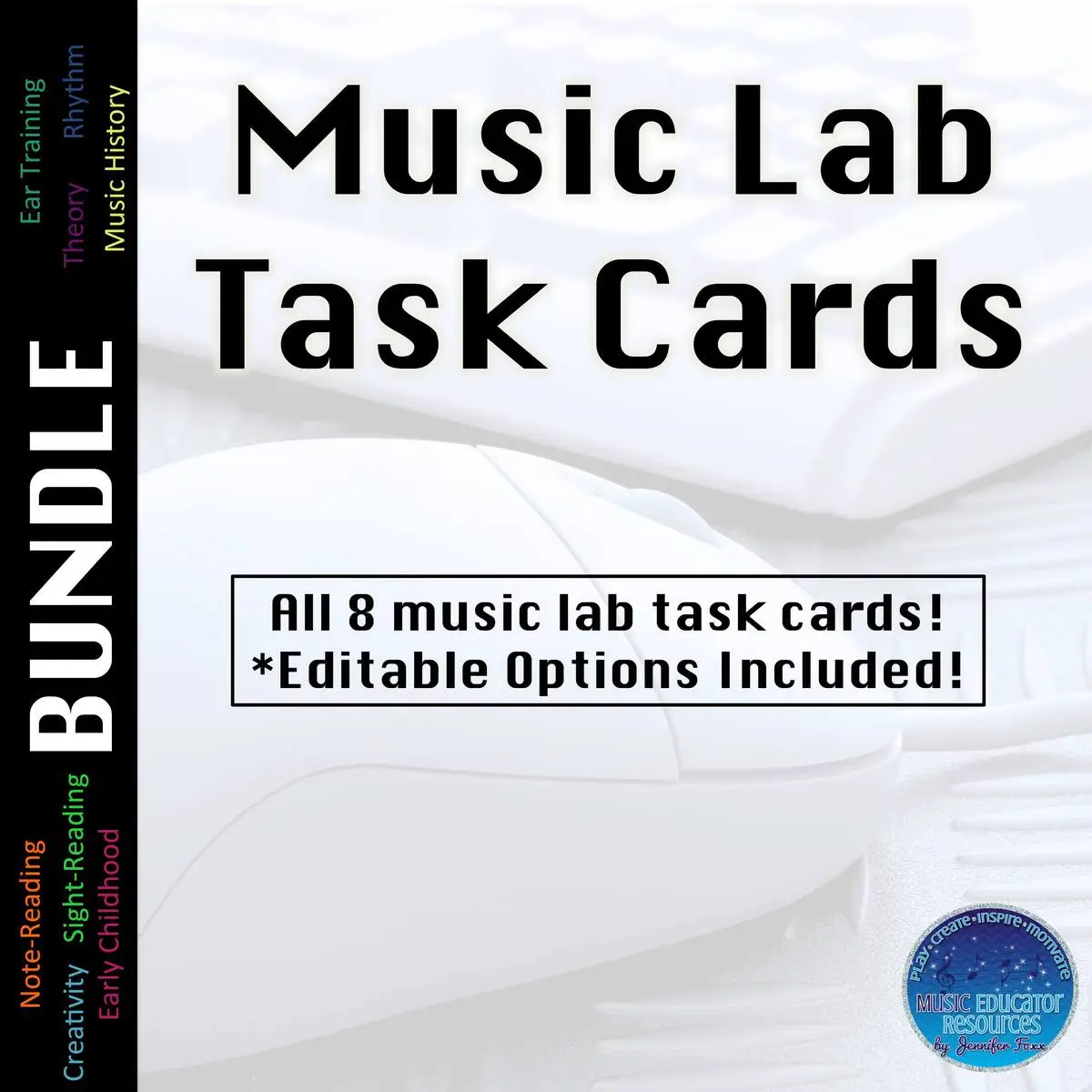
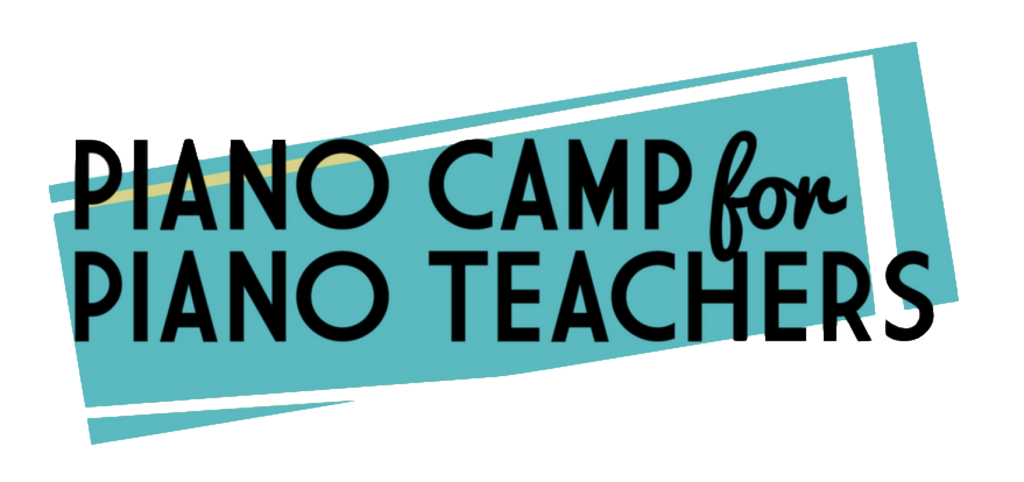
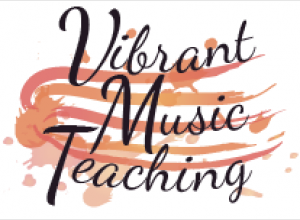

0 Comments